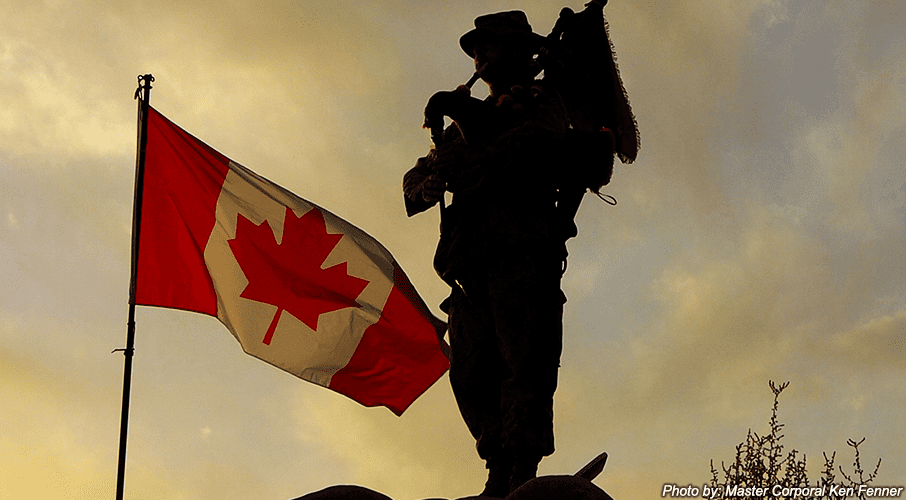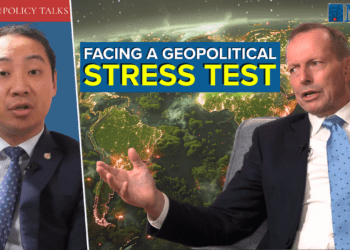 This article originally appeared in The Hub.
This article originally appeared in The Hub.
By J.L. Granatstein, April 7, 2022
The teaching of Canadian history in the nation’s universities is in trouble. Course enrolments have been and are continuing to fall dramatically and the numbers of history majors have collapsed. This, it is said, is true in all areas of historical study, not least in the history of Canada.
Why? First, there are few jobs for history graduates. A sensible student will opt for business or IT or law where they might even be able to make a living from their studies.
But there are likely many additional reasons and one surely is that historians have been working for decades to turn their discipline away from narrative and towards theory. Narrative tells a factual story while theory posits an abstruse rationale for what did or did not occur. The theorists prevail. Another reason is that the woke Canadian historians, now apparently the majority in the profession, have turned away from national history. The York University history calendar ungrammatically says it all: “Our courses focus on the thematic areas of indigeneity, culture, gender, social, political, environmental and sexuality.”
There are no “great men” any longer in Canadian history, no formative events worth studying. The world wars, the fights over compulsory military service that divided French and English Canadians, the struggles for independence from Britain and the United States—these no longer matter very much in today’s lecture courses and seminars. As an academic friend puts it, Canada’s history is becoming the history that dares not speak its name.
I am a Canadian military historian with an interest in politics, foreign and defence policy, and biography. Thirty years ago I wrote a book called The Generals that examined the nation’s military leaders in the Second World War. This combined my interests in what I think of as socio-political military history. Who were the military’s leaders and where did they come from? What did they do and why did they do it? How did they build the army from a few handfuls of men into a force that enrolled, trained, equipped, and led three-quarters of a million men and women to victory? And how did they deal with the politicians directing the war effort? My colleagues, it’s fair to say, thought my book was all guns and no butter. Nonetheless, Canada’s Second World War remains an extraordinary story, one that deserves remembering, one that should be taught to students.
A few universities and institutions still teach this kind of history. The University of Calgary has a cadre of military historians led by David Bercuson; Wilfrid Laurier University, its program shaped by Terry Copp, had Roger Sarty and still has Mark Humphreys; the University of New Brunswick has a small military history program; several other universities have one or rarely two military historians. The Royal Military College in Kingston, as might be expected, has several military scholars, most notably Doug Delaney, and the Directorate of History and Heritage at National Defence Headquarters in Ottawa has more, as does the Canadian War Museum where Tim Cook, the most published and popular of Canada’s practising military historians, is Director of Research.
In most of the universities, however, no one any longer teaches Canadian military history. At the University of Toronto, there is no one, at York none. After Desmond Morton’s death, McGill has no military historian; UBC and the universities of Alberta and Saskatchewan have none. Francophone universities are similarly averse.
Despite this, there is still much publication in Canadian military history. The University of British Columbia Press, with the War Museum, has for twenty years run the fine series “Studies in Canadian Military History” that has published more than fifty seminal works. The University of Toronto Press and McGill-Queen’s University Press publish military titles regularly, and trade publishers such as Harper Collins and Dundurn do so as well. There is the online journal Canadian Military History and the Royal Canadian Legion’s magazine that are devoted to this nation’s military story. And on wartime anniversaries, the media give much space to military stories. The university history departments by deliberate choice are the ones missing the boat.
The curious thing is that there are still undergraduate students who want to take military history courses. They certainly did and do at Wilfrid Laurier and Calgary. Could this help resolve the shortage of bums in seats in history classes? At a lunch some time ago with a now-retired department chair, I suggested he should offer a few military history courses. He agreed it might be good for enrolments, and he duly asked his Canadianist colleagues. They flatly said no: no warmongering, no guns, no. Teaching military history might imply approval of war and was simply beyond the Pale, even if it would attract undergraduates.
Despite this sad situation, graduate students still want to do research on Canadian military history. If they get their PhDs, however, there are no jobs for them as scarcely a university is willing to hire them no matter how capable they may be. If they are lucky, they might get a job in Britain or the United States or here as an archivist or in the policy directorate at National Defence. But they will not likely be teaching because their putative departmental colleagues won’t have them.
It’s not as if wars no longer occur, it’s not as if Canada might not be caught up in fighting overseas, and it’s not as if there might not be lessons from the past that could be of use to present governments and citizens. This neglect is curious, as Margaret MacMillan noted in War: How Conflict Shaped Us, because we live in a war-weary world, and we need to study war’s causes, its horrors and glories, and its effects on our ancestors and our present lives. We need more research, in other words, not removing the study of war from history curricula.
It is sadly only the short-sighted prejudices of the tenured historians who prefer to teach their increasingly arcane subjects to the interested few that stop military history from being taught. Soon it won’t matter—if the present enrolment trends continue, Canadian history will go the way of Latin and disappear or at best be attached to another department struggling to survive.
J.L. Granatstein taught Canadian history for 30 years, was director and CEO of the Canadian War Museum, and is the author most recently of Canada’s Army: Waging War and Keeping the Peace (2021). He sits on the Macdonald-Laurier Institute’s Research Advisory Board.





